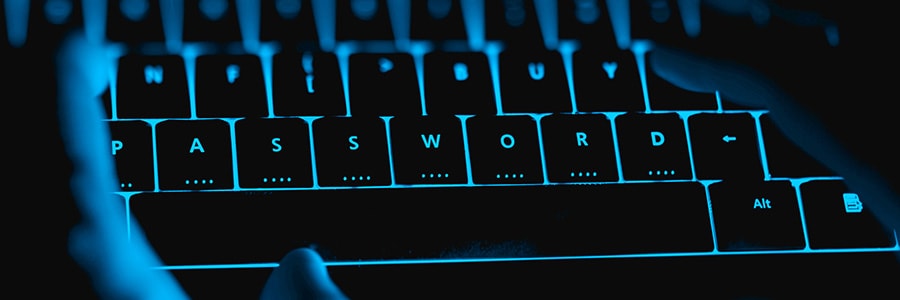
Most of us don’t really think about the passwords we use in our daily lives. Passwords for Facebook, Snapchat, our Gmail account, our iPhone or Android phones, or any of the other hundreds of places where we would need to use a password to get access to something. We take it for granted — until something forces us to confront it.
In 2014, images from more than 100 very well-known actors, singers, and celebrities were released onto the internet after they were hacked from their iPhone backups stored on the iCloud. These were hacked by a person that utilized two programs to gain access to their accounts and pull down the backups from their phones. Many of us first reacted with surprise that something like this would happen. The follow-up reaction? We didn’t think it could happen to us, and we didn’t even take a look at the passwords we were using on our phones.
When I ask people why they use such easy and short passwords on their phones, they almost always give the same answer: “I don’t have anything anyone would want!” Please do yourself a favor and take a moment to go through your phone or tablet and ask, “Would I want everyone in the world to be able to see everything here?” The celebrities referenced above never thought that their private photos and information would be compromised. If they had used stronger passwords, their data may not have been compromised.
We have so many passwords that we need to keep track of. That is a major reason why many people tend to use the same or very similar passwords. When I do a Dark Web search for clients’ credentials to see if they have been compromised, I tend to see two things: 1) They use the same password everywhere or 2) They are using the most basic of passwords, such as Pass1234. This is one of the reasons why I suggest using a password manager like LastPass. With this tool, you are able to generate strong passwords and track all of your passwords.
The task of creating strong passphrases (not passwords) is very hard for people to do because they should be long — at least twenty characters long. These passphrases should contain random characters. The human mind, though, has trouble remembering random passwords. That is where using a program to track your passwords comes into play.
Once you create your passwords, do not EVER give them out. I know that seems like obvious advice, but you would be surprised how many people give them out. Surveys done in major cities like London show that people will trade their passwords in exchange for something as trivial as a pen or a piece of candy. So, please, keep your passwords (and your data) safe and just do not give out your passwords.

